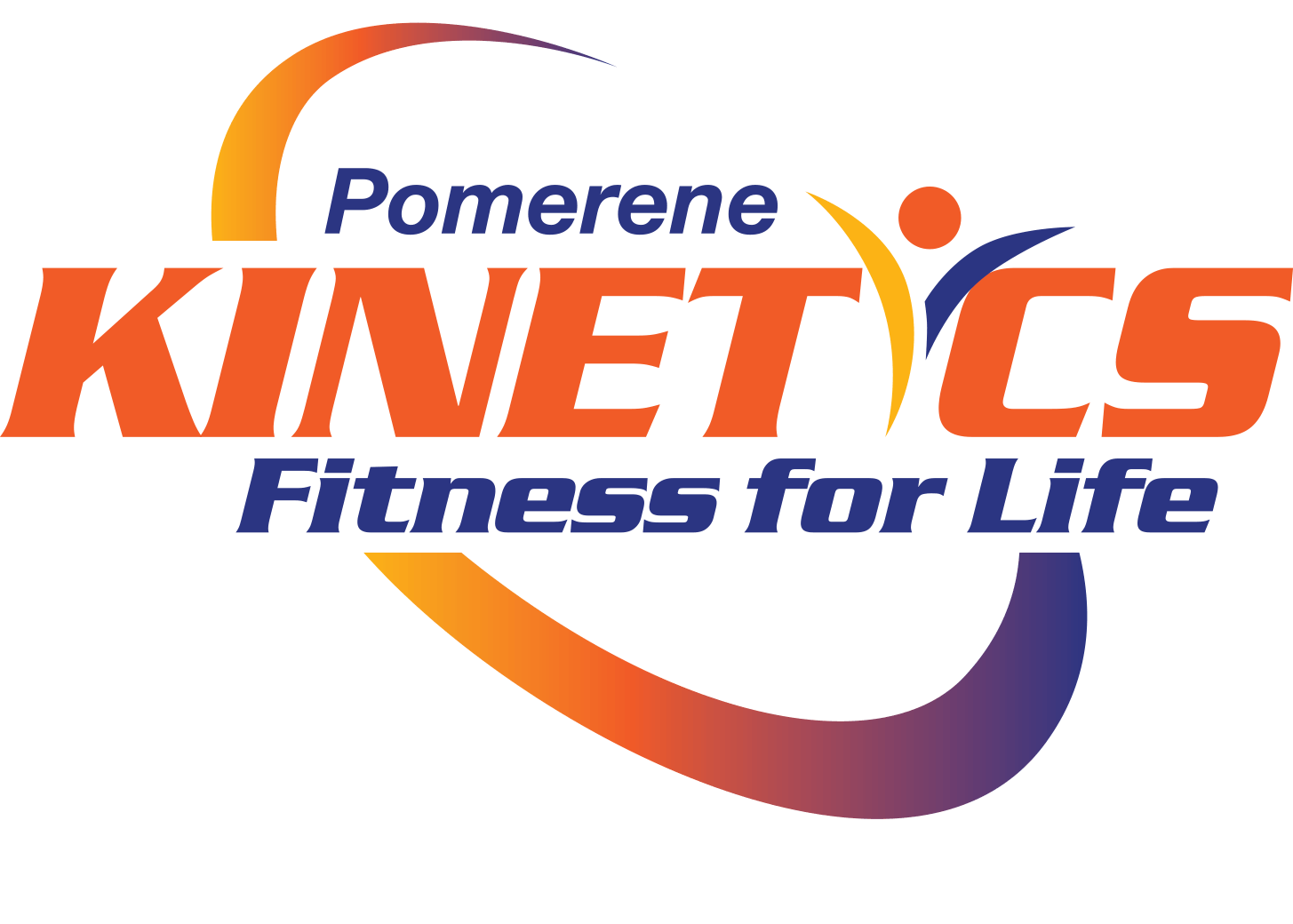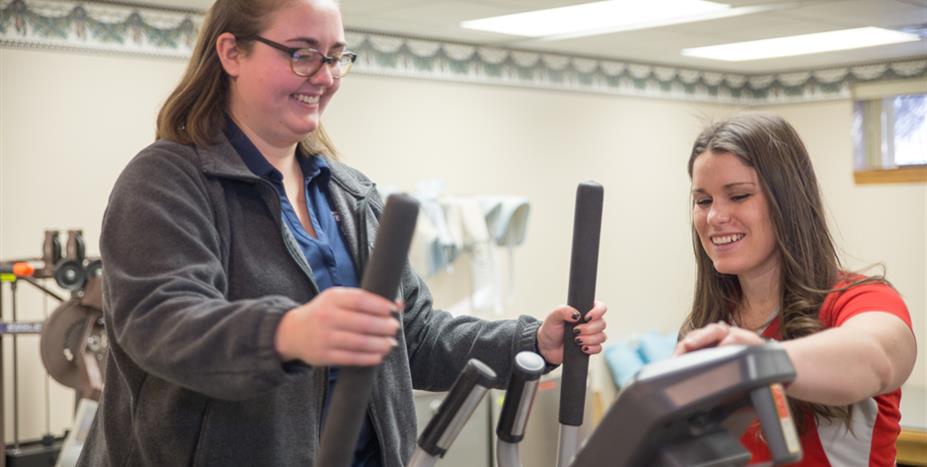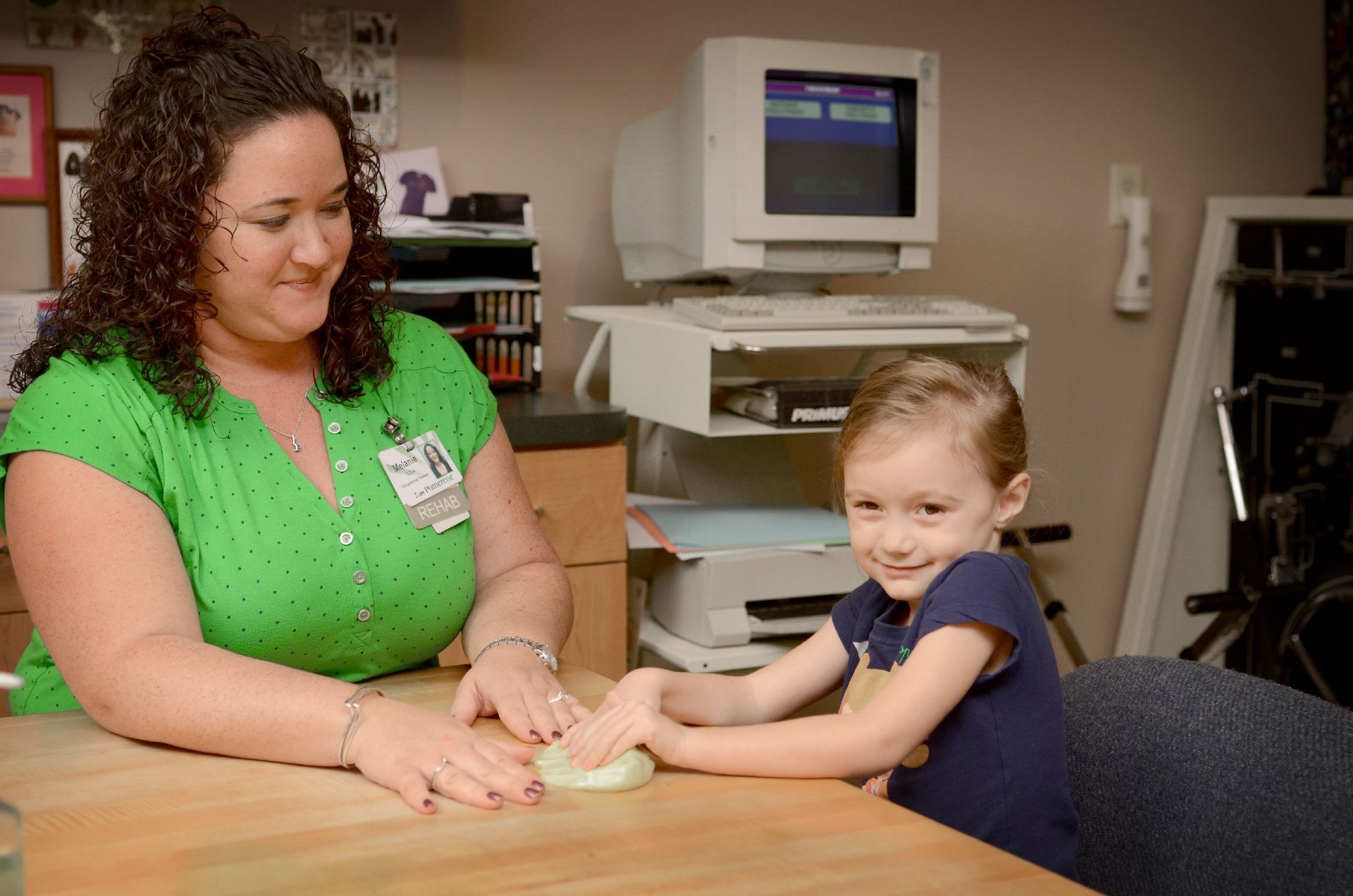Pomerene
Therapy Services
Pomerene Therapy Services offers a comprehensive program including Physical Therapy, Speech Therapy, Occupational Therapy, Athletic Training, and many other disciplines. We offer flexible scheduling to meet your needs and busy schedule. Our department utilizes only licensed personnel with years of experience and special certifications ensuring both the latest treatment techniques and quality care.
Benefits of Therapy
Therapy can help you return to your normal daily activities with as little restrictions as possible. Physical, Occupational, and Speech therapists work directly with patients to identify areas of concern, whether it is loss of strength, motion, decreased ability to perform normal daily tasks, and/or difficulty with speech or swallowing. The therapist will design an individual plan specific to your therapy needs, helping you get back to the things that matter most.
Physical Therapy
Physical Therapy helps restore and maintain maximum movement and functional ability. For seniors, therapy can help improve mobility, balance, range of motion, and physical strength.
Physical Therapy helps improve function, musculoskeletal health, and mobility. Individuals with joint or muscle pain or those who have balance problems or difficulty walking can benefit from physical therapy. Following surgery, physical therapy can be effective in reducing pain, swelling, and joint stiffness, and helping you re-gain lost muscle strength and endurance.
Typical Programs
- Therapeutic Exercise
- Strength and Mobility Training
- Gait and Balance Training
- Muscle Re-Education
- Innovative treatment modalities such as heat, cold, and electrical stimulation
Physical therapy is a covered benefit by most insurances when ordered by your health care provider.
What is Occupational Therapy?
Occupational therapists can be instrumental in helping patients to regain or maintain their independence. Trained therapists work with a variety of diagnoses to educate, alleviate pain, improve safety, and enhance functional performance. Occupational Therapy is concerned with quality of life, and can help people improve their functional abilities and adapt to life changes.
By taking the full picture into account - a person's psychological, physical, emotional, and social makeup, as well as their environment - occupational therapy assists clients to:
- Achieve goals
- Function at the highest possible level
- Concentrate on what matters most to them
- Maintain or rebuild their independence
- Participate in daily activities that they need or want to do
Innovative therapies, programs, and procedures include:.
- Education and training in daily living skills such as bathing, dressing, eating, grooming, using the bathroom, meal preparation, and home management
- Sensory-Motor skills re-training
- Strength and range of motion training
- Cognitive Integration Techniques
- Selection and use of adaptive equipment
- Design, fabrication, and application of orthoses (splints)
What is Speech-Language Pathology?
Speech Therapy helps improve neurologically impaired abilities to communicate, chewing, and swallowing disorders, memory, and/or communication difficulties.
Speech-Language Pathologists help with all aspects of communication, including speech, voice, language, reading, and writing. Our highly trained therapists use treatment modalities, specialized equipment, and leading-edge therapies to maintain the ability to communicate. Speech therapy also strives to restore and maintain cognition.
To help restore normal function for residents who have difficulty swallowing, we have specialized dysphagia therapies.
Speech therapies and procedure include:
- Exercises to stimulate receptive, integrative, and expressive processes
- Sensory-Motor activities to stimulate chewing, swallowing, articulatory, and voice processes
- Selection and training in the use of non-oral communication aids, including augmentative systems
- Specialized swallowing therapy
- Cognitive Skills Training
- Compensatory Swallowing Techniques




